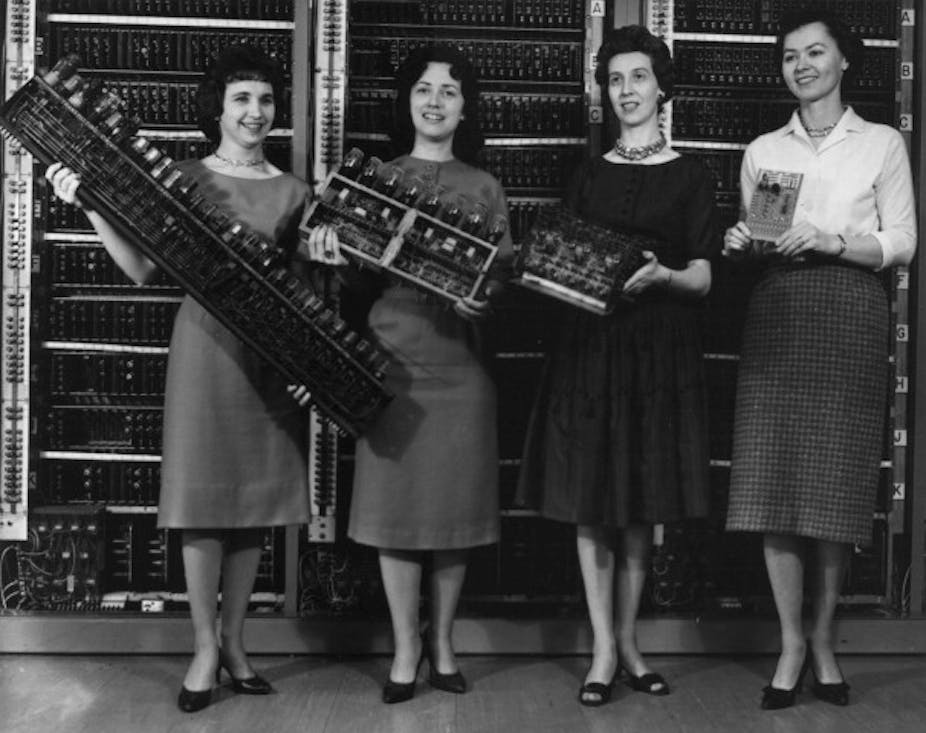It would be tempting to say the tech industry was reeling this week from the blatant discrimination and misogyny that took centre stage at the TechCrunch Disrupt Hackathon in San Francisco. It would be tempting - but it would also be inaccurate. There was less of a reeling and more of a weary anger that yet again sexist behaviour has been encountered in the industry.
TechCrunch has posted an apology for its failure to put a halt to a presentation from two developers about their Titstare app (does what it says on the tin) and a man pretending to masturbate on stage. Not only were the ideas presented by these TechCrunch attendees unoriginal, their tone was nothing new either.
Any woman who has worked in computing will undoubtedly have a story to tell of an occasion when she has faced some form of misogyny or harrassment, be it the booth babes at trade shows or the times her contributions to a conversation have been ridiculed or ignored, with some mansplaining thrown in for good measure.
Highlighting that this happens is not some personal attack against men, it’s merely describing the status quo. You only have to read the comments sections on articles about gender inequality to see some of the engrained nastiness that’s out there. We live in a world where sexism is an everyday, casual thing. In the extreme, women are threatened with violence and rape, as we’ve seen recently in high-profile cases of harassment on Twitter.
Studies carried out at the University of Washington found that women are discouraged from computer science when they encounter stereotypes such as the male, pizza-eating, Star Trek-watching geek. This, author Sapna Cheryan says, is a marketing issue. TechCrunch has done the industry no favours there.
Happily, people are keen to address this and a number of initiatives have taken hold: Lady Geek, Women in Technology, and the Ada Initiative are fine examples of these. Starting at grassroots level is vital, and outreach to schools plays a large part in attempting to change the dynamic.
The problem goes deep, however. Systemic sexism is not going to disappear overnight, no matter how much we want it to. A side effect of this is Imposter Syndrome, where someone feels that their accomplishments just aren’t as good as the people around them and they fear that they will be exposed as frauds. This is particularly evident among academics. In areas where women are not expected to succeed - typically science and engineering - they are more likely to face Imposter Syndrome.
Although this week has shown us once again that women face an ongoing struggle to gain acceptance from some of their male colleagues in the technology industry, there was better news coming out of one corner of the UK. While tech lad culture was alienating anyone with a modicum of intelligence over in the States, a new exhibition celebrating women in computer history opened at the National Museum of Computing at Bletchley Park.
As technology entrepreneur Stephanie Shirley said in her opening speech, “Britain’s economy demands that women are not just consumers, but rather creators of new technologies and applications”. She remarked on the need to “promote positive role models for women and so encourage girls and women in critical thinking and engineering”, with the past heroines of computing as inspirations to us all. Let’s hope the message reaches those who need to hear it.

